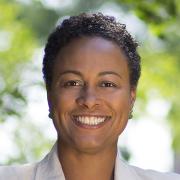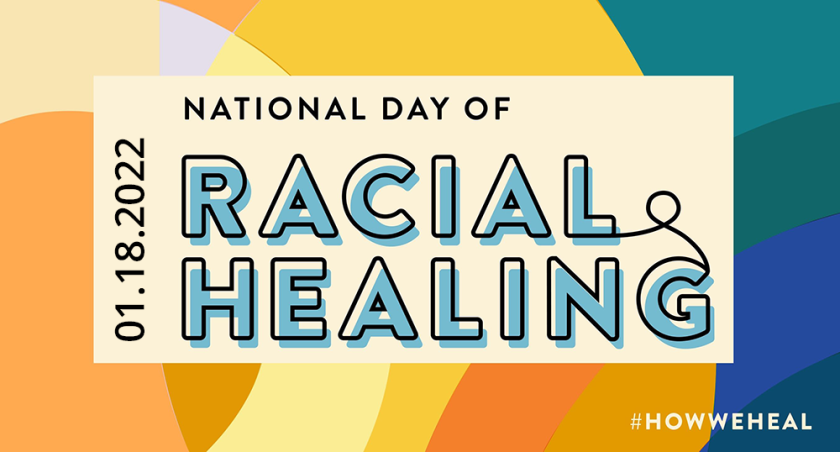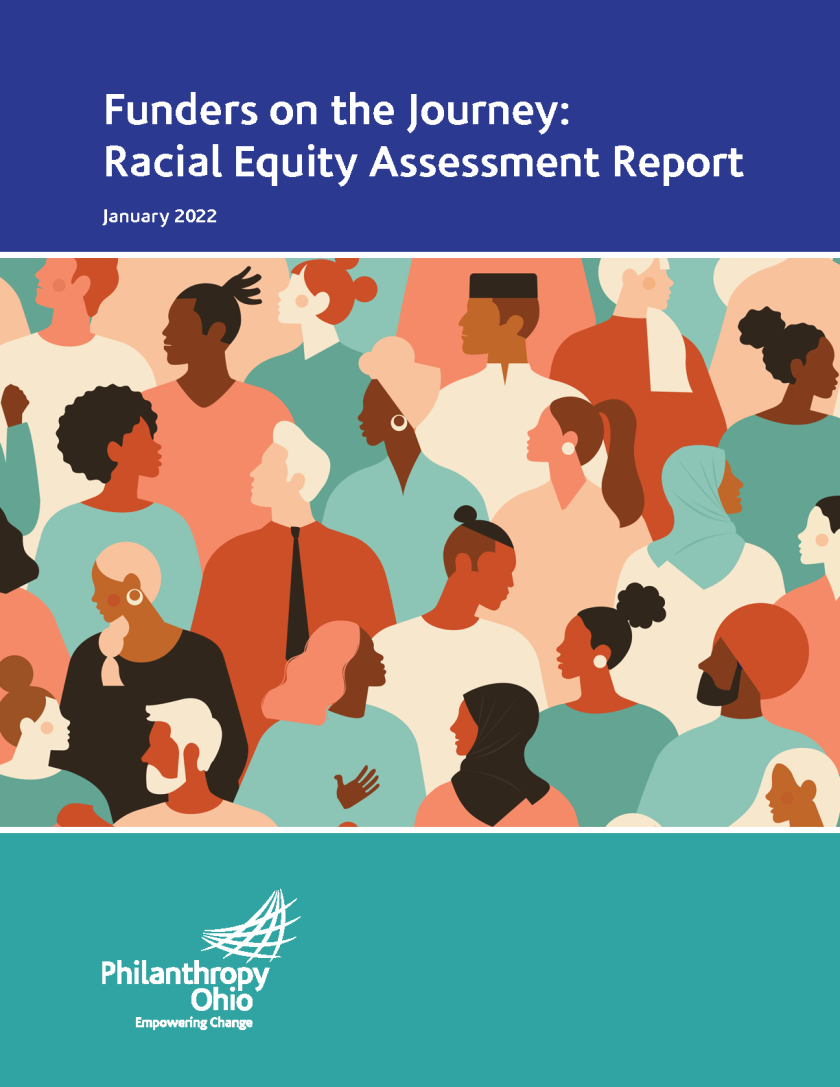Latest NewsMore News
Ohio Philanthropy News - December 5, 2025
The Jack, Joseph and Morton Mandel Foundation is committing $3M to expand Cuyahoga Community College’s Mandel Youth Humanities Academy.
Ohio Philanthropy News - November 7, 2025
The Community Foundation of the Mahoning Valley awarded $640K through its third-quarter grant cycle to fund 53 nonprofits.



